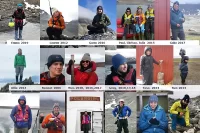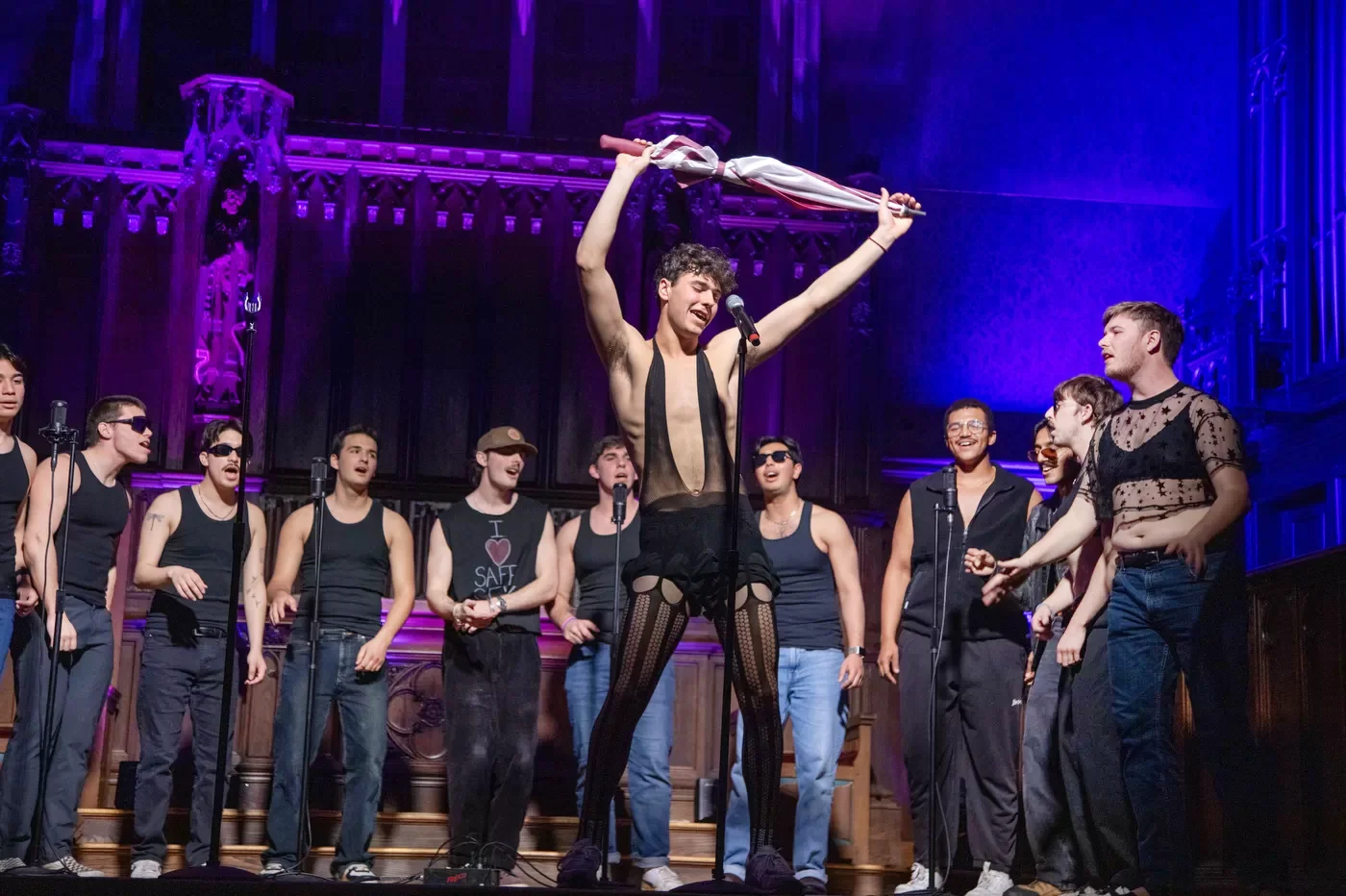
Barry Lawson is a Bates computer science professor who chairs the Program in Digital and Computational Studies. He is also an accomplished multi-instrumentalist who plays mandolin, guitar, and upright bass.
The two endeavors harmonize, he says.
“Playing with other people is rewarding because we’re performing but also listening and responding. It’s part of the communication,” says Lawson, who is the Colony Family Professor of Digital and Computational Studies. “I think that influences a lot of what I do in digital and computational studies as well.”
This culture of collaboration and interdisciplinary thinking is foundational to the Bates DCS program — now the college’s 37th academic major, thanks to a faculty vote on March 3.
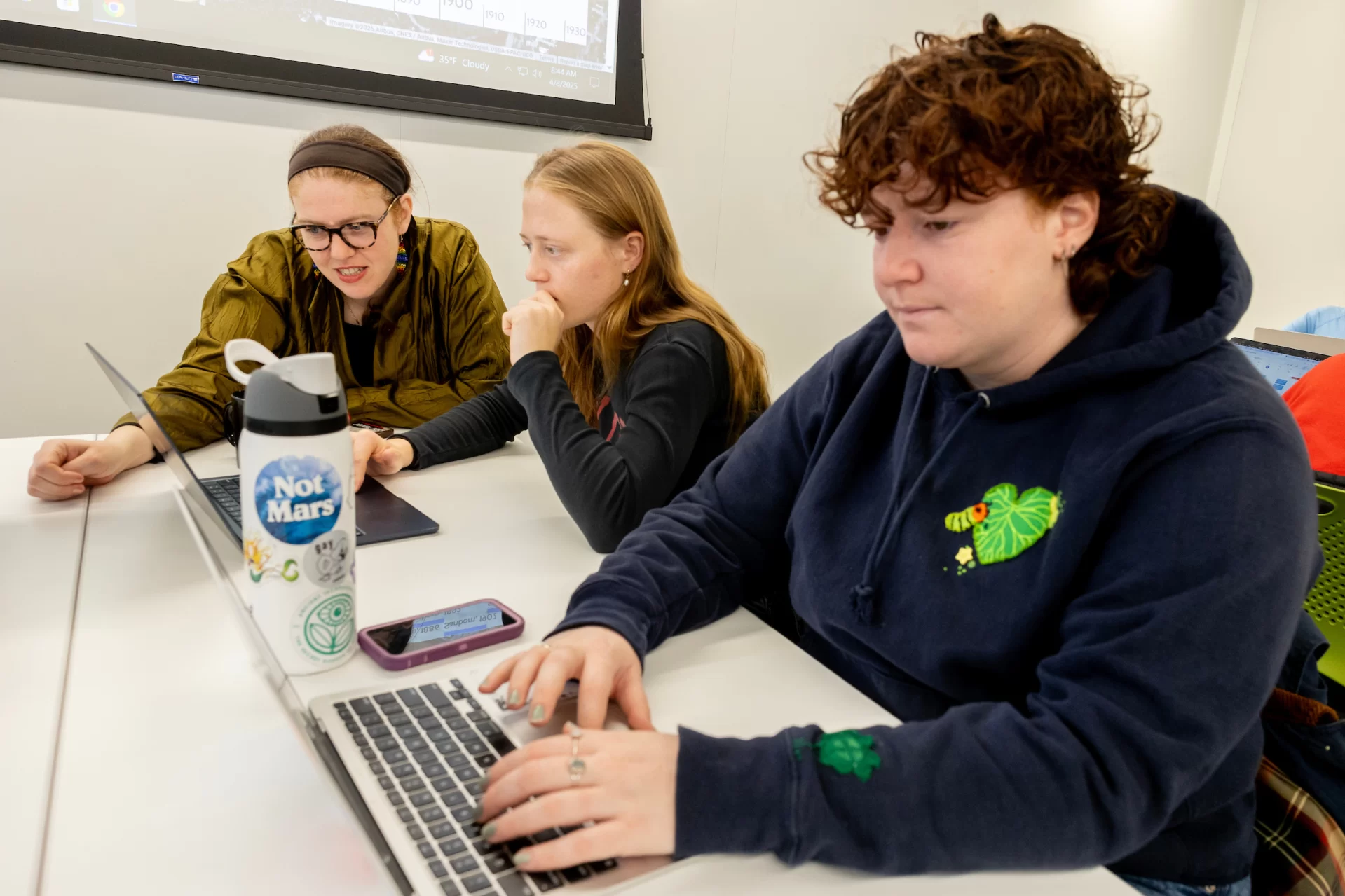
Bates created the DCS program in response to a rapidly-changing world. As access to technological knowledge becomes more easily available, humans are solving epic problems but often blazing trails of unintended consequences. Facial recognition technologies used to solve crimes, for example, have sent innocent people to jail after mistakenly identifying them as perpetrators, while social media apps meant to create connections and foster community have led to loneliness and mental health problems.
“One of the challenges for computer science as a field historically is that there has too often been a rush to produce products with too little consideration of the holistic impact on individuals, on society, and on the planet,” Lawson says. “We are seeing many of the effects of those choices now.”
With courses linking digital studies to subjects like theater and neuroscience, DCS aims to prepare students to respond to rapid technological developments by teaching them both essential skills of computer science and how to critique technology through a lens of furthering social good.
“One of the goals of DCS is for students to gain sufficient technical background across computational fields of study, while also thinking critically about, and evaluating the impacts of, the tools that we’re building, of the choices that we’re making, and of who is involved in making those choices,” Lawson says.
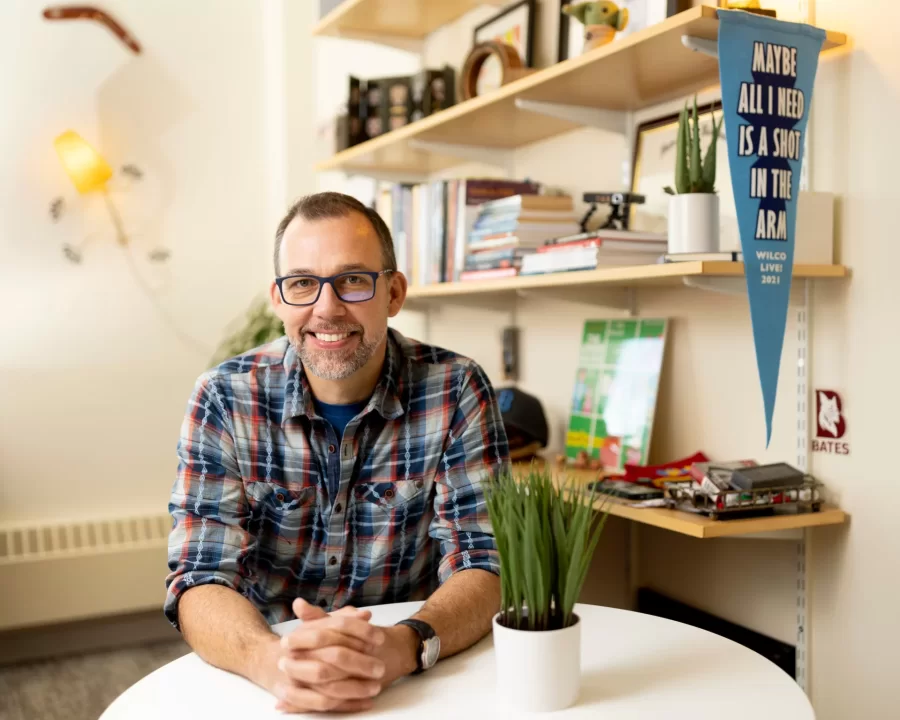
The DCS program is highly interdisciplinary, with a focus on five core elements: computer science; data science, analysis, and visualization; critical digital studies; human-centered design; and community-engaged learning.
The major will comprise 10 courses, including those that fulfill the core elements of the major and electives that span the interdisciplinary expertise in DCS, such as “The Past, Present, and Possible Dystopian Future of Computing,” “Public History in the Digital Age,” and “Human-Robot Interaction Design Workshop.”
Funded by gifts totaling $19 million from several Bates families, the college announced the formation of a DCS program in 2016; the minor was first offered in 2021. From then to now, the number of seniors with DCS minors has exploded from 15 to 42, making DCS Bates’ most popular minor among current students.
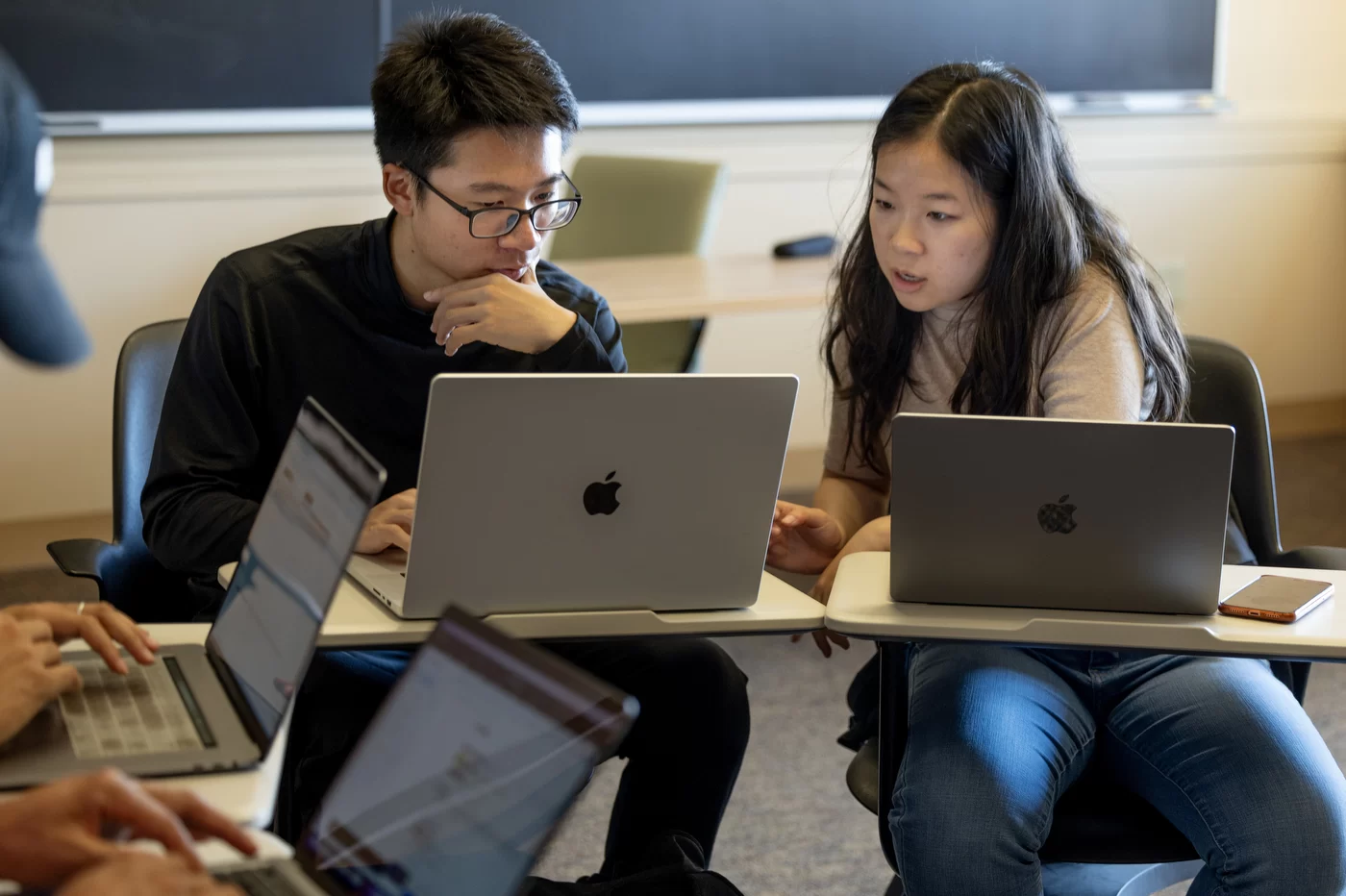
The DCS program is like a flowering tree. It grew slowly, establishing a solid base, before it bloomed, each of its branching disciplines and their respective faculty experts playing a key role in the major’s raison d’être.
“The overall mission as well as the specifics of the major have the fingerprints of those DCS faculty,” Lawson says, giving thanks to faculty members Anelise Hanson Shrout, Carrie Diaz Eaton, Andy Ricci, and Jason Castro.
Faculty also sought input from Bates alumni working in DCS-adjacent jobs, who Lawson says expressed excitement for the new major and the hope that students will both gain technological skills and learn to think carefully about what technology is accomplishing and who is in charge of it.
The new major meets the growing interests of both current and prospective students. Abdul Rafay ’25 of Lahore, Pakistan, for example, added a DCS minor to learn computer science skills that he could apply to his natural science interests as a biochemistry major.
“It was only possible because of the flexibility that is very intentionally part of the DCS curriculum.”
By his sophomore year, Rafay had discovered DCS’ wide-ranging applications. Using data skills gleaned from his “Computing for Insight” course, plus skills learned from a “Lab-Based Biological Inquiry” course — one that offers hands-on research experiences early in a student’s career — he was able to map genetically similar microalgae.
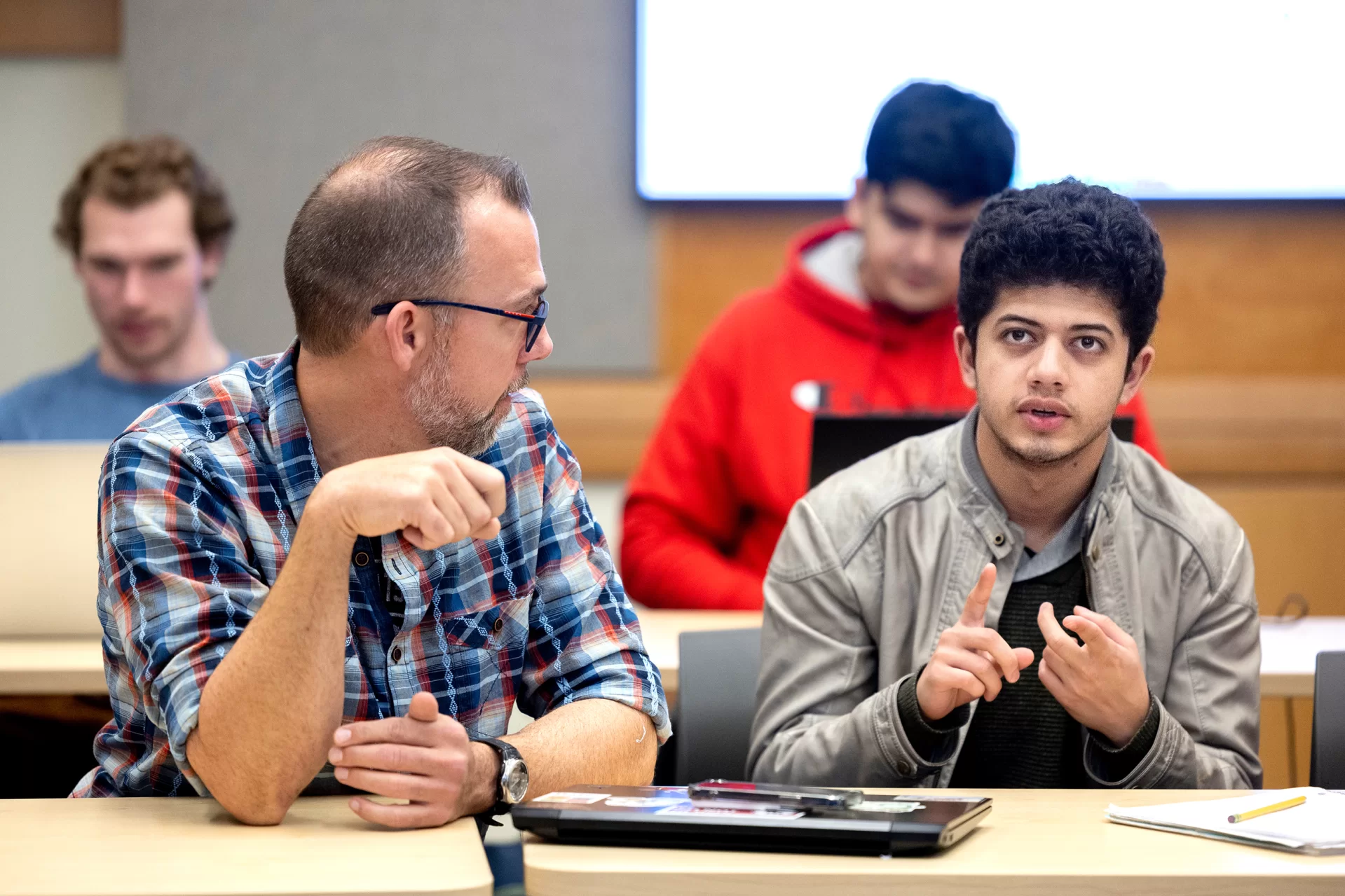
“It was only possible because of the flexibility that is very intentionally part of the DCS curriculum,” Rafay says.
Outside of his coursework, Rafay also uses his DCS skills in his campus work to support sustainability efforts. As part of the team of student EcoReps, he and fellow DCS minor Paige Bilich ’26 of Massapequa, N.Y., wrote computer programs to automate the regular calculations of Bates’ carbon footprint, freeing up time for the EcoReps to pursue additional sustainability projects.
“We have more time, which we’ve been using to work on visualizing the data to make it more user friendly, to better understand and interpret Bates’ sustainability,” Rafay says.
Rafay plans to pursue a career in bioinformatics and says that his DCS coursework has affirmed his interest in working with data and research.
Like Rafay, many incoming students enter Bates with a desire to study technology broadly, says Leigh Weisenburger, the college’s vice president for enrollment and dean of admission and financial aid.
![Associate Professor of Digital and Computational Studies Carrie Diaz Eaton teaches (in Carnegie 226) her course DCS 105. Calling Bull in a Digital World.Our world is rife with misinformation. This course is designed to hone digital citizenship skills. It is about "calling b***s*** ": spotting, dissecting, and publicly refuting false claims and inferences based on quantitative, statistical, and computational analysis of data (with R). Students explore case studies in policy and science; possible examples include food stamps, caffeine, improving traffic, and gendered mortality rates. Students practice visualizing data; interpreting scientific claims; and spotting misinformation, fake news, causal fallacies, and statistical traps. In so doing, the course offers an introduction to programming. New course beginning Winter 2019. Enrollment limited to 29. [Q] C. Diaz Eaton.](https://www.bates.edu/news/files/2020/04/190320_Carrie_Eaton-Diaz_Class_0535.jpg)
“A DCS major will help us better attract those students who wish to have digital literacy as a part of their learning, yet still want to uphold the liberal arts foundation and principles when it comes to learning,” Weisenburger says.
DCS courses are often cross-listed with other areas of study — “Introduction to Digital Media” is cross-listed as a theater offering, as one example. For students just starting out in college, such courses can help draw them into parts of the Bates curriculum they hadn’t yet considered.
“When we start talking about digital and computational studies, whether it be within art, whether it be within environmental studies, it just is so malleable, and it clicks for all students regardless of what they think their academic pursuits are going to be,” Weisenburger says.
To fulfill the college’s general-education writing requirement, DCS seniors will take a one-semester capstone course during which they will complete a community-engaged learning group project in collaboration with a community partner. The project will give students real-world experience in using their technical knowledge and community engagement skills to solve a problem.
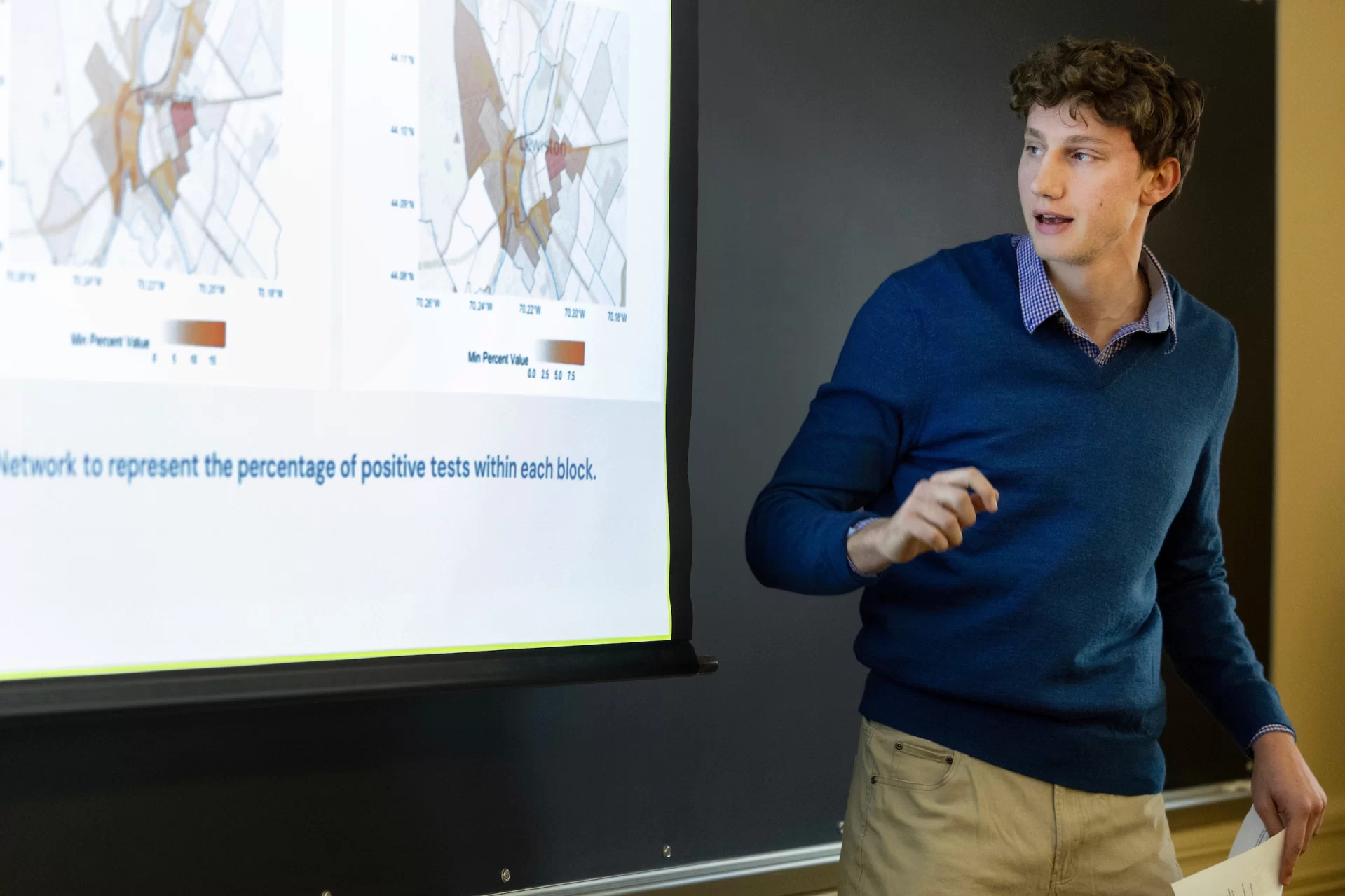
In addition to teaching a curriculum designed to encourage critical and ethical interaction with technologies, DCS faculty also aim to improve the way that subjects like computer science are taught, with the consideration that the field has historically been dominated by white men.
“Teaching computer science or data science the same way they have historically been taught leaves out some very important voices, and omits considerations that a variety of perspectives bring,” Lawson says. “As fields of study, there is still a lot of room to learn and grow in those regards, and we want DCS to be actively engaged.”
At the end of their four years at Bates, DCS majors will know how to code, know how to critique technology, and understand the impacts of those interlocking practices — skills applicable to many potential career paths.
“It’s not at all an overstatement to say that practically every part of our society is touched or affected by computing in a meaningful way,” Lawson says.
Faculty Featured

Barry G. Lawson
Colony Family Professor of Digital and Computational Studies
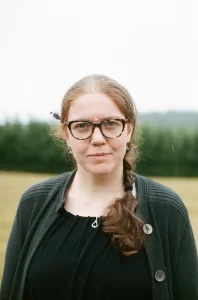
Anelise H. Shrout
Associate Professor of Digital and Computational Studies
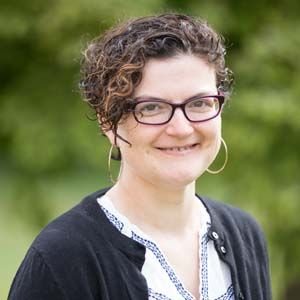
Carrie Diaz Eaton
Associate Professor of Digital and Computational Studies
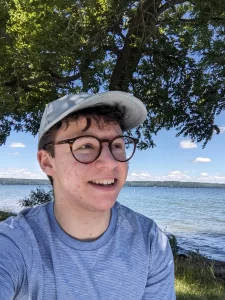
Andy E. Ricci
Assistant Professor of Digital and Computational Studies
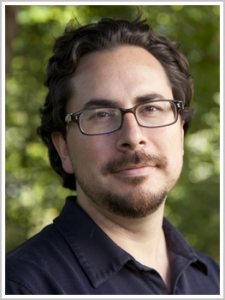
Jason B. Castro
Associate Professor of Neuroscience

